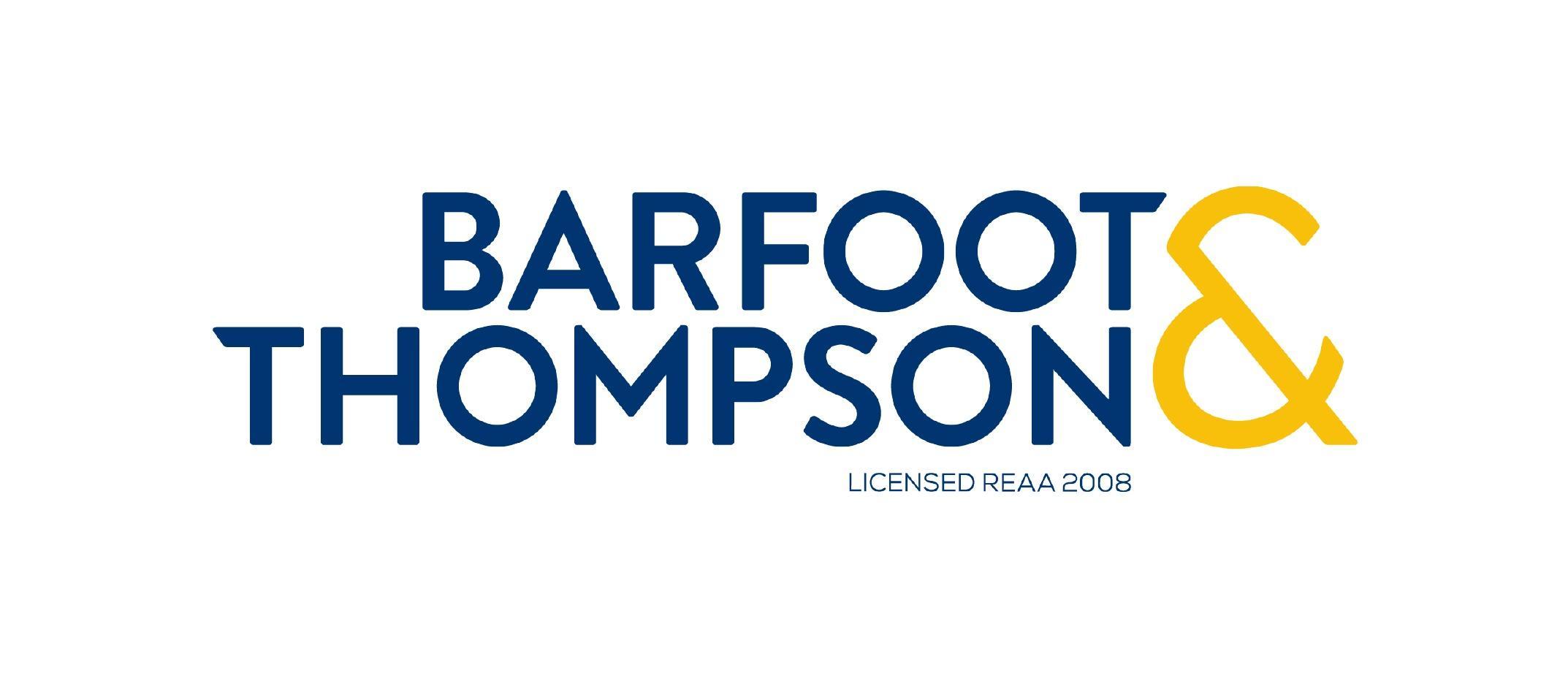Over the past month the property market has remained at the forefront of news headlines, so here’s an important reminder of recent key points:
- Property values are still rising rapidly – in May they were more than 20% higher than a year ago (on the CoreLogic House Price Index)
- However, there are hints that sales volumes are starting to cool, due to previous measures such as 40% deposits for investors, but also due to
the simple lack of listings/choice - The Reserve Bank ‘surprised’ economists by publishing a clearer forecast that (in response to inflation pressures) the official cash rate will
start to rise from the second half of next year – which of course suggests upwards pressure on mortgage rates - The latest GDP figures were stronger than expected, which if anything hints that the timing for any increases in the cash rate could actually be
sooner than June next year - The Government opened the consultation on their tax changes, especially in regards to what constitutes a new-build property, and how long the ability
to claim mortgage interest deductibility on those properties might run for - The Government has approved the RBNZ to use caps on debt to income ratios for new mortgages, which potentially could be set at seven for owner-occupiers
and six for investors – but note these wouldn’t kick in until November at the earliest, and may not actually be used anyway (if the market
has slowed by then, as we expect)
In addition to all of that, our own Buyer Classification series for May showed that mortgaged investors’ market share of property purchases has continued
to ease back down, from 29% in Q1 2021 to 25% now. To me, this signals that the higher deposit requirements are now biting for investors, as it’s
too early yet to have expected the tax changes at the end of March to have had a significant effect – although they will play a bigger role as
2021 progresses, potentially pushing mortgaged investors away from existing properties and towards new-builds.
On that note, the consultation documents hinted that the Government is looking to be quite generous with interest deductibility for new-builds, with
potentially no end date for the first owner or a fixed period of perhaps 20 or 30 years across the first and subsequent owners. Of course, in the
end it could all come to very little if theoretically National won the next election and repealed the changes (although clearly a lot of water
has to go under the bridge before then).
So where does this leave investors? Clearly, there’s plenty to be aware of and to factor into your sums, but ultimately property can still deliver
better returns than those available from term deposits, for example – especially for those landlords with low levels of debt and/or who are able
to source higher-yielding stock. Property is also a favoured asset class in times of higher inflation, given that rents and values can adjust as
the general level of prices in the economy changes.
Here in the research team at CoreLogic, we use a wide range of in-house data to assess these issues from a
macro perspective. And individual investors can do the same via our research platforms, such as RPNZ or Property Guru. Happy hunting.
This is a guest blog submission from Kelvin Davidson from CoreLogic NZ. Guest submissions are a way for APIA members to share their views and experiences with each other and do not necessarily reflect the views and position of the APIA. The content of this article is general in nature and not intended as a substitute for specific professional advice on any matters and should not be relied upon for that purpose.

ABOUT THE AUTHOR
Kelvin Davidson
Kelvin is the Chief Property Economist of CoreLogic NZ. Prior to joining CoreLogic, Kelvin spent 15 years working in private sector economic consultancies
in NZ and the UK, and he is well practised in applying macroeconomic trends and data to the property market.













Add Comment